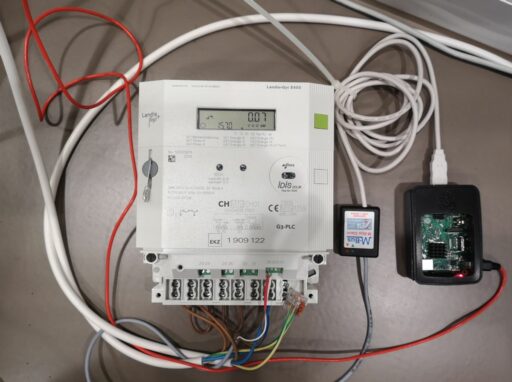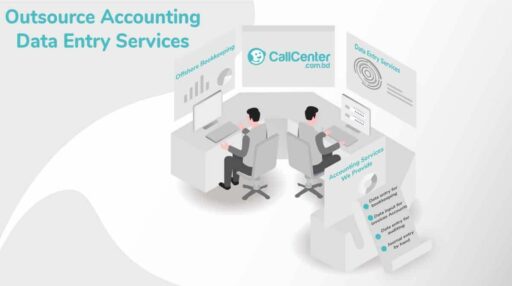Table of Contents
Securing a data analyst internship is a crucial step for individuals looking to break into the field of data analysis. An internship provides invaluable hands-on experience, industry insights, and the opportunity to develop professional skills. To enhance your chances of landing a data analyst internship, it’s important to follow a structured approach. Here are five key steps that can help you prepare and stand out in the competitive internship market.
Key Takeaways
- Master essential programming languages such as Python or R to handle data analysis tasks effectively.
- Develop fundamental analytical skills, including problem-solving, database management, and data wrangling.
- Gain proficiency in basic data analysis tools like Microsoft Excel, Tableau, or similar software.
- Engage in hands-on practice through real-life projects to apply your knowledge and improve clarity on data-related challenges.
- Pursue relevant certifications or courses to add value to your resume and showcase your commitment to the field.
1. Learn Programming Languages

Securing a data analyst internship requires proficiency in several programming languages that are essential for data manipulation and analysis. Python and R are the cornerstones of data analytics, widely used for their powerful libraries and ease of use. SQL is indispensable for querying databases, while languages like Java and C++ are beneficial for more complex data processing tasks.
- Python
- R
- SQL
- Java
- C++
Mastery of these languages will significantly enhance your ability to handle diverse data sets and perform intricate analyses.
It’s also important to familiarize yourself with languages that are gaining popularity in the field, such as Scala, MATLAB, and Julia. While not all are mandatory, having a broad skill set can make you a more versatile and attractive candidate.
2. Build Fundamental Analytical Skills

To secure a data analyst internship, it’s essential to build a strong foundation in analytical skills. These skills are the bedrock upon which all data analysis is built, enabling you to interpret and extract meaningful insights from data sets. A data analyst must be adept at using various analytical techniques to address different types of data and problems.
Developing these core skills involves understanding the types of data you’ll encounter and the appropriate analytical methods for each. This knowledge is crucial for effective problem-solving and communication of your findings.
Here are some key analytical skills to focus on:
- Statistics Knowledge: Essential for making sense of data sets and drawing accurate conclusions.
- Data Modeling: Allows you to create new views and understand the relationships within data.
- SQL Proficiency: Enables you to query and manipulate databases effectively.
Remember, these skills are not just about handling data—they also encompass the ability to communicate your findings clearly to stakeholders, often through reports or presentations.
3. Acquire Knowledge of Basic Tools

As an aspiring data analyst intern, it’s crucial to familiarize yourself with the basic tools that are the backbone of data analysis. These tools are essential for uncovering trends, patterns, and correlations within data sets. A solid understanding of tools like R, a programming language and software environment, is highly recommended.
Knowledge of database management, data wrangling, and visualization tools is indispensable. Proficiency in MS Excel, Tableau, and Power BI will empower you to create interactive dashboards and reports, allowing for real-time data tracking.
Building a portfolio that showcases your ability to use these tools effectively can set you apart from other candidates. It’s not just about knowing the tools, but also demonstrating your ability to extract meaningful insights from data using them. Remember, these computer skills are a ‘must to have’ for any data analyst, as they enable you to solve problems and perform dashboarding, which brings together all key metrics and insights.
4. Engage in Hands-On Practice

After acquiring the foundational knowledge and skills, it’s crucial to apply what you’ve learned to real-world scenarios. Working on personal projects or volunteering can significantly enhance your practical experience. Analyzing public datasets, participating in Kaggle competitions, or offering your data analysis services to non-profits or small businesses are excellent ways to start.
Building a portfolio is an essential step in showcasing your capabilities. It should include your projects, insights, and methodologies, demonstrating your proficiency in extracting meaningful insights from data.
As you prepare for interviews, be ready to discuss your projects, the problems you tackled, and the lessons you learned. This hands-on practice not only solidifies your skills but also prepares you for the technical aspects of interviews. Continuous learning and professional development are part of this journey, ensuring you stay updated with the latest trends and techniques in data science and analytics.
Lastly, networking and seeking mentorship can provide you with invaluable guidance and potentially lead to job referrals. Engaging with professionals through platforms like LinkedIn, local meetups, or professional associations can open doors to opportunities that are often not publicly advertised.
5. Obtain Relevant Certifications

In the journey to becoming a data analyst, obtaining relevant certifications is a crucial step. These certifications not only validate your skills but also signal to potential employers your commitment to the profession. Certifications can set you apart from other candidates by showcasing your specialized knowledge and training in key areas of data analysis.
Here are some popular certifications to consider:
- Google Data Analytics Professional Certificate
- IBM Data Analyst Professional Certificate
- Microsoft Certified: Power BI Data Analyst Associate
- AWS Certified Data Analytics
- SAS Statistical Business Analyst
- Microsoft Certified Azure Data Scientist Associate
- CompTIA Data Analytics Plus
By earning these certifications, you position yourself as a well-equipped and knowledgeable candidate, ready to tackle the challenges of the data industry.
It’s important to review the certification requirements and make a plan of study that includes manageable daily tasks. This structured approach will help you to efficiently prepare for and pass the certification exams. Remember, the goal is to not only earn the certification but to truly understand and be able to apply the concepts learned.
Conclusion
Securing a data analyst internship is a crucial step in launching a successful career in the field of data analysis. By following the key steps outlined in this article, from enhancing your technical skills and gaining practical experience to crafting a compelling resume and preparing for interviews, you are setting the foundation for a promising future. Remember, each step is an investment in your professional journey. Stay persistent, leverage your network, and keep learning. The opportunities for growth as a data analyst are vast, and an internship is just the beginning. Embrace the challenges and experiences that come your way, and you’ll be well on your path to becoming an invaluable asset in the data-driven world.
Frequently Asked Questions
What programming languages should I learn for a data analyst internship?
Focus on learning Python or R, as these are commonly used programming languages in data analysis.
What are some fundamental analytical skills I should build?
Develop skills such as problem-solving, database management, and data wrangling.
Which basic tools are essential for a data analyst intern?
Gain proficiency in tools like MS Excel, Tableau, and other data visualization and analysis software.
How can I get hands-on practice in data analysis?
Engage in real-life projects, internships, or contribute to data-driven decision-making processes at a company.
What certifications can help secure a data analyst internship?
Look for certifications in data analysis, business intelligence, or specific tools like Tableau or Microsoft Power BI.
Where can I find data analyst internship opportunities?
Check internship platforms, job boards, university career services, and network with professionals in the field.





